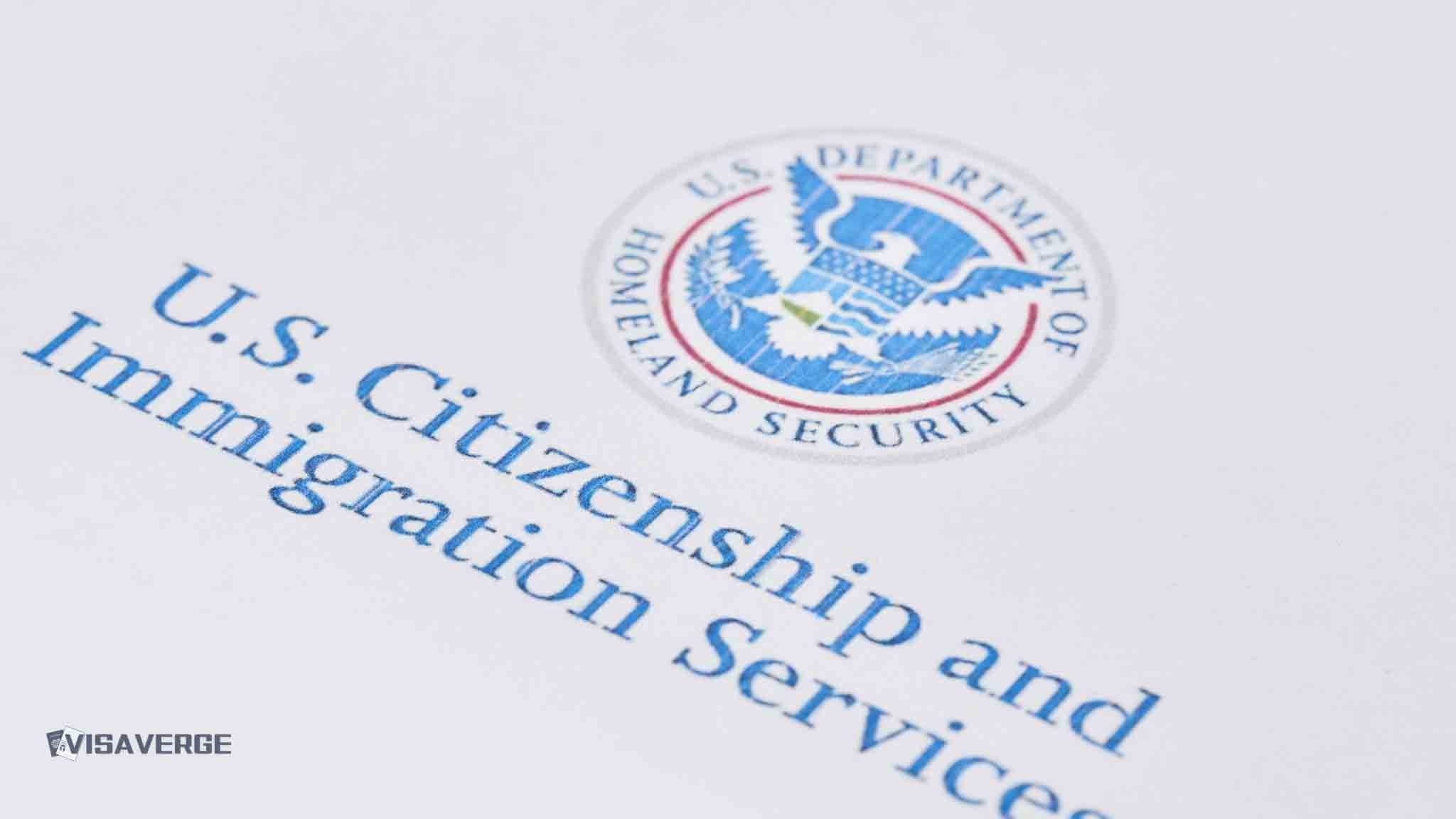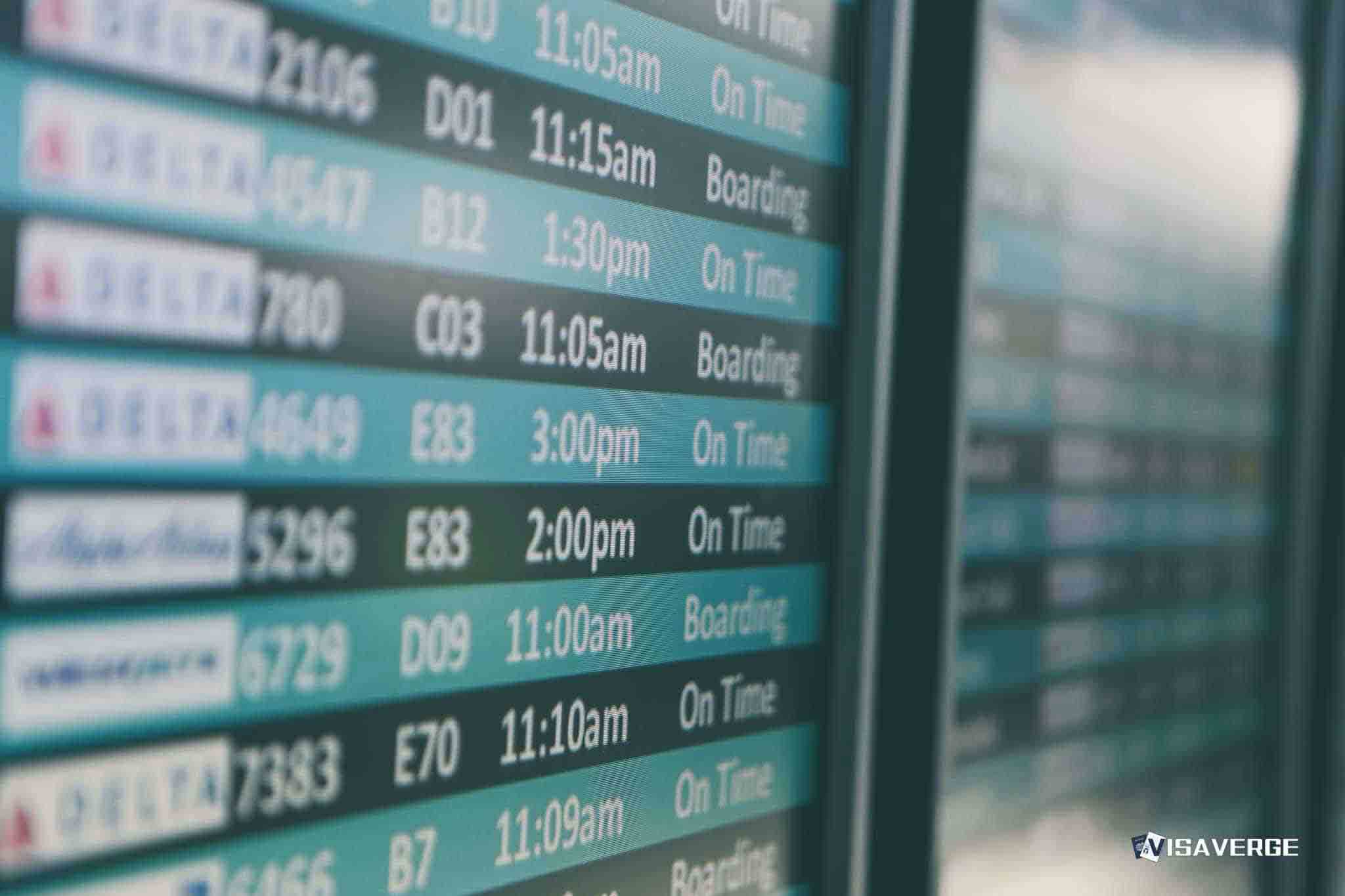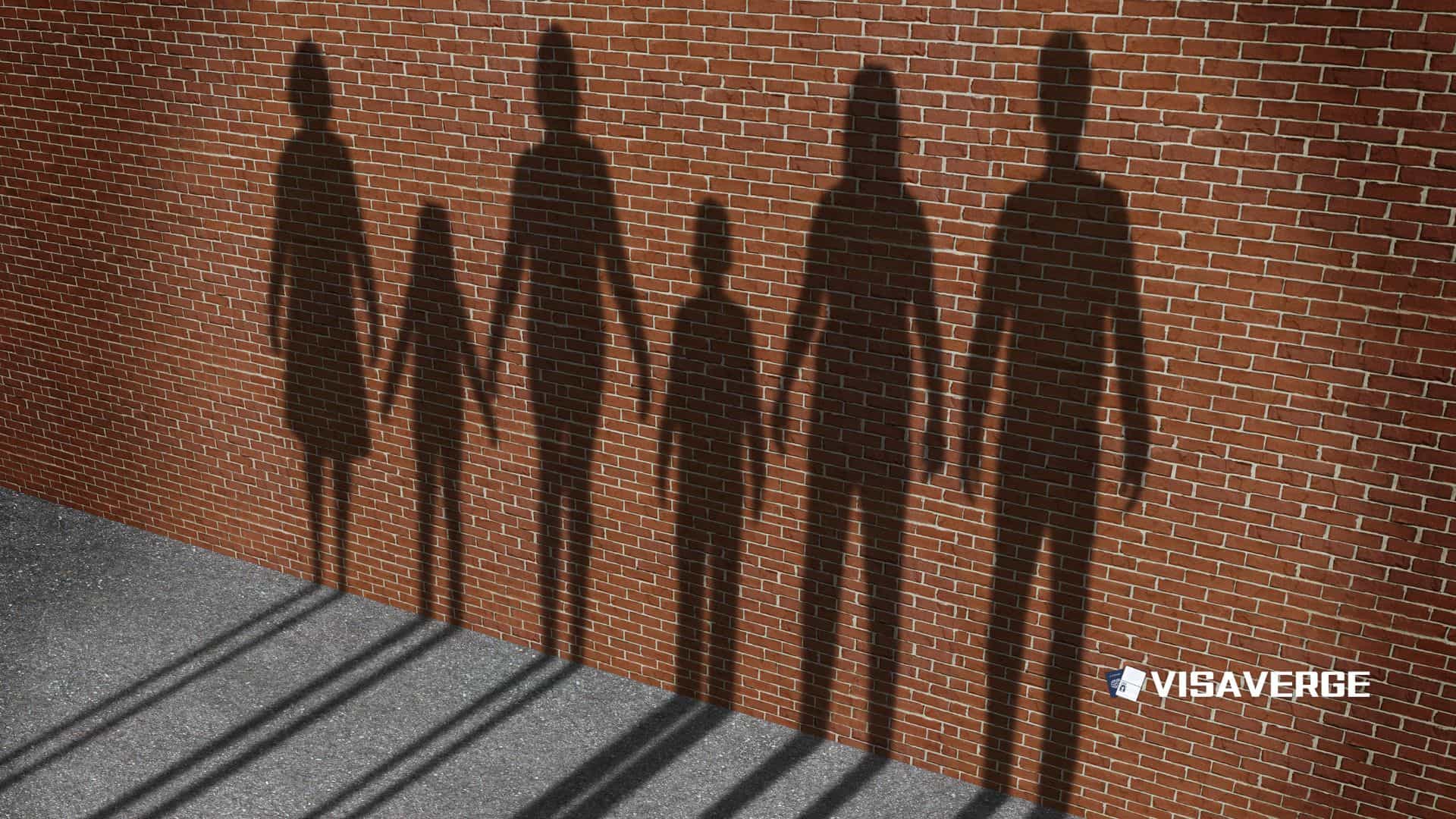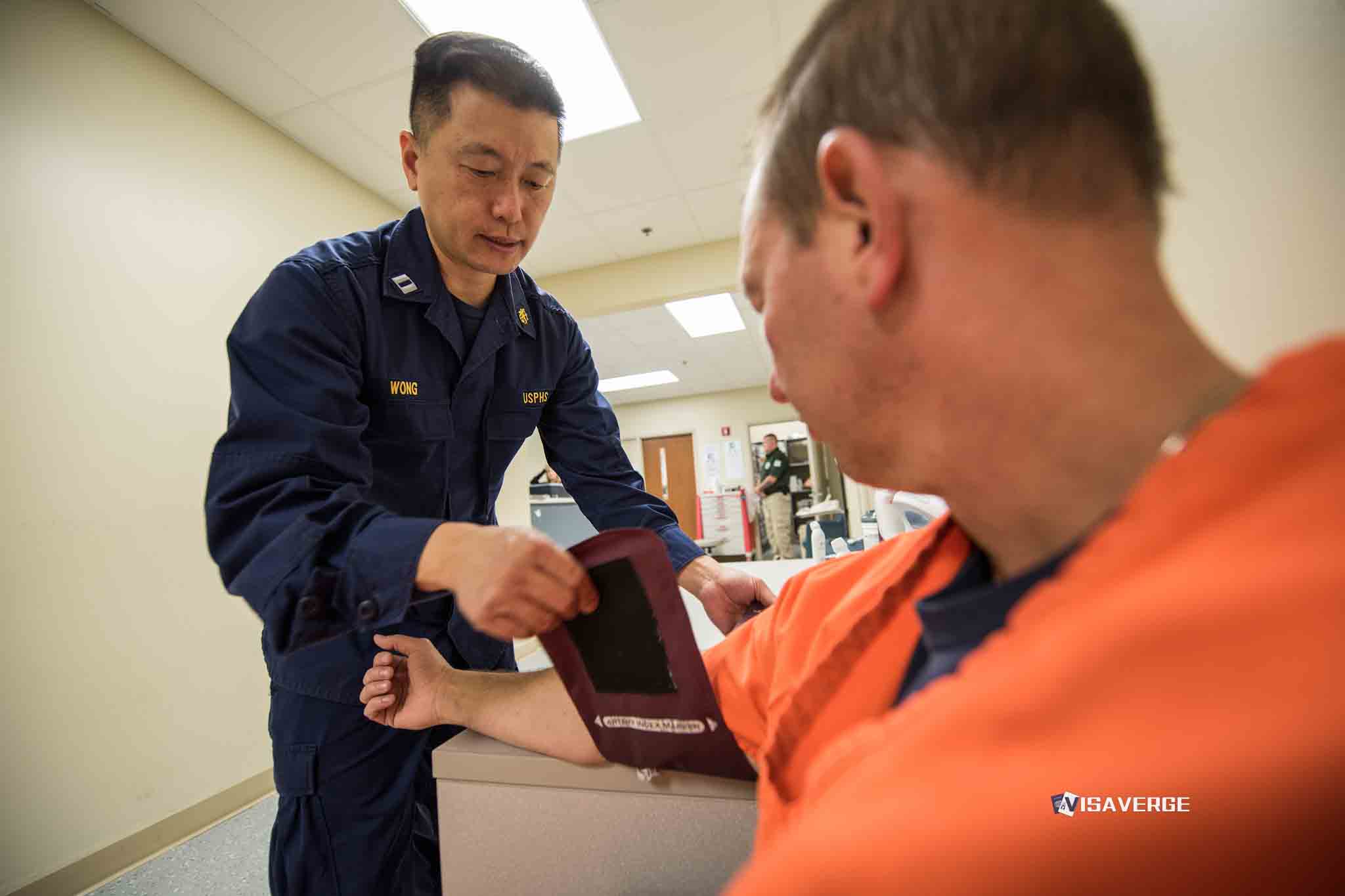(UNITED STATES) Green Card interviews are still taking place but more slowly, and many naturalization ceremonies have been canceled or postponed, after the federal government shutdown that began on October 1, 2025. While U.S. Citizenship and Immigration Services (USCIS) remains open because it is mostly funded by application fees, applicants across the country are seeing new delays and unexpected disruptions tied to the broader government shutdown.
Families awaiting permanent residency decisions and immigrants preparing to take the Oath of Allegiance are among those affected, with timelines shifting and communication arriving with little warning.

How USCIS operations are changing
USCIS has continued to schedule and conduct most interviews because its core operations do not rely on annual appropriations. However, agency managers have:
- Redirected staff and attention toward vetting and cases flagged for higher security review.
- Reprioritized workloads, causing slower movement for routine appointments.
- Acknowledged that this reprioritization is contributing to a growing sense of uncertainty—even for applicants who received interview notices well before the shutdown began.
In practice, applicants are being told that most Green Card interviews continue, but they should expect delays and be ready for last‑minute changes.
Naturalization ceremonies — the most visible disruption
The most visible disruption is to naturalization ceremonies:
- Many ceremonies, which mark the final step of the citizenship process, have been canceled or postponed during the shutdown.
- USCIS has said public‑facing events may be delayed as resources shift to essential functions.
- This directly affects thousands of newly approved citizens who planned travel, invited family, or scheduled time off work around their ceremony dates.
VisaVerge.com reports that some applicants learned of cancellations without advance warning, leaving them uncertain about when they will be rescheduled and whether future dates will hold.
Important: USCIS has signaled that ceremonies are expected to resume as normal operations are restored, but applicants should brace for continued uncertainty and possible rescheduling while the shutdown persists.
Interagency slowdowns and background checks
Delays are not only internal to USCIS. Interagency coordination issues are compounding the problem:
- Partner agencies that perform background checks, fingerprints, name checks, or security clearances may be operating with reduced capacity.
- Green Card interviews that depend on these outside checks cannot move forward until every required clearance is complete.
- Even an applicant who arrives on time and fully prepared can be held up when partner agencies are slow.
This dynamic is especially relevant for cases that require checks from other parts of the federal government.
Guidance to applicants — what to do now
USCIS and other sources have given consistent guidance:
- Attend all scheduled appointments unless USCIS sends an official cancellation.
- Watch for digital updates in your online account and check mailed notices—the mailed notice is the official word.
- Monitor your case status through the USCIS portal: https://egov.uscis.gov/casestatus/landing.do (the portal remains active during the shutdown).
While online updates can provide a quick signal, they do not replace mailed notices. Keep every notice you receive; those documents guide next steps if rescheduling is required.
Impact on families and applicants
For people in the middle of adjustment of status or naturalization:
- Those who cleared biometrics months earlier may now wait for interview rooms or security checks to clear.
- Local field offices are juggling calendars and staffing day by day, resulting in moving interview dates.
- For would‑be citizens, canceled ceremonies can:
- Postpone the ability to vote or apply for a U.S. passport.
- Delay the ability to petition certain relatives.
- Force rescheduling of child care and travel plans for guests.
USCIS says it is focusing on essential operations and national security reviews first, which can ripple through scheduling of routine interviews in busy districts.
Practical effects and emotional toll
- Even fee‑funded agencies like USCIS feel strain when partner offices slow down.
- Routine interviews stall when they depend on external background checks.
- Event‑heavy functions like naturalization ceremonies are easy targets for postponement when managers must conserve staff time.
People close to naturalization processes report a real emotional toll:
- A postponed ceremony delays the closure of a long journey.
- It can lead to practical headaches like rebooking flights, rearranging work time, and losing depositable reservations for events.
USCIS has acknowledged high demand for ceremonies and intends to resume regular scheduling as soon as operations allow, but timing depends on the shutdown’s duration and staff availability for large public events.
Final recommendations and key takeaways
- Track your case online and check mail frequently.
- Plan for flexibility—expect rescheduling rather than immediate closures of interview calendars.
- Attend interviews unless explicitly cancelled and keep every notice you receive.
- Be aware that delays can cascade: renewals for work permits or travel documents may be affected, impacting jobs, family plans, and international travel.
Key takeaway: As the government shutdown continues, Green Card interviews move forward at a slower pace, while naturalization ceremonies face more frequent cancellations and postponements. Core USCIS functions remain in motion, but applicants should prepare for uncertainty until normal operations are restored.
Frequently Asked Questions
This Article in a Nutshell
The October 1, 2025 government shutdown has slowed USCIS operations though core functions persist because the agency is fee-funded. Green Card interviews largely continue but move more slowly as staff are redirected and partner agencies perform background checks at reduced capacity. Naturalization ceremonies face frequent cancellations or postponements, impacting newly approved citizens’ travel, voting, and passport timelines. Applicants should attend appointments unless told otherwise, monitor online case status, retain mailed notices, and plan flexibly until normal operations resume.








